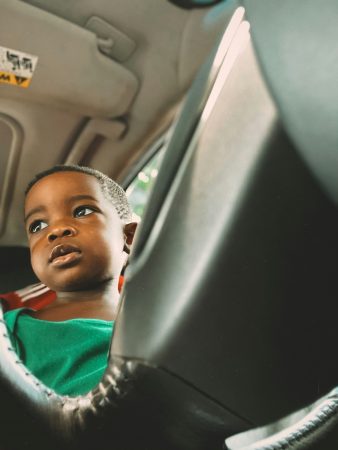With recent news involving missing and abused children ramping up in South Africa, the importance of taking extra measures to keep children safe and out of harm’s way has been underlined.
We’re sharing tips on what parents need to be aware of to ensure the safety of their little ones:
Ensuring children are informed
The foundation of a child’s safety lies in ensuring they are well-informed. It’s crucial to educate children about basic safety protocols, such as never engaging with strangers without a guardian present, avoiding wandering off alone, memorising essential information like emergency numbers, addresses, and contact details, and refraining from sharing personal information to strangers.
- Nationwide Emergency Response: 10111
- Mobile phone emergency hotline: 112
- Ambulance/ Fire Brigade: 10177
Teaching children to maintain a safe distance (approximately three arm lengths, as recommended by SAPS) from strangers and stranger’s vehicles, even if the stranger seems approachable and friendly, is also essential.
Encouraging open communication
Encouraging children to communicate openly with their parents fosters transparency and safety. Children should feel empowered to express any feelings of fear, discomfort, or sadness to their parents.
Additionally, it’s crucial to educate children about the distinction between ‘good’ and ‘bad’ secrets to prevent potential exploitation by predators.
Making use of tracking tech
In situations where children are away from home, investing in GPS tracking devices can provide added peace of mind for parents. Devices like the Gabriel Personal Locators Smart Tag enable parents to monitor their child’s location in real-time using advanced GPS technology via a smartphone app.

Unsplash
Monitoring device usage
Given the risks associated with online platforms, particularly regarding potential exposure to predators, it’s important to restrict young children’s access to the internet and social media. Parental control features available on many devices allow parents to regulate their children’s access to apps and websites effectively.
Familiarising with the neighbourhood
Parents should actively engage with their neighbours and participate in local neighbourhood watch and safety groups to stay informed about any suspicious activities in the area. Educating children about safe and unsafe locations within the neighbourhood, such as parks, playgrounds, and shops, is also essential.
Keeping a clear view
When children are playing outside, ensuring a clear line of sight from the property helps deter opportunistic threats. Children should never be allowed to play unsupervised outside the property or in the street.

Unsplash
Transporting to and from school
Whenever possible, children should be accompanied to and from school by a parent or trusted guardian. If walking to school is necessary, children should travel with friends and stick to familiar routes, avoiding secluded areas. Additionally, they should be advised not to openly display valuables like cell phones and iPads.
If children are picked up from school, they should wait inside the school grounds for their designated transport. Parents should consider implementing a ‘password system’ for added security. If the person picking them up cannot provide the agreed-upon password, children should seek help immediately.
ALSO SEE:
Feature Image: Unsplash

